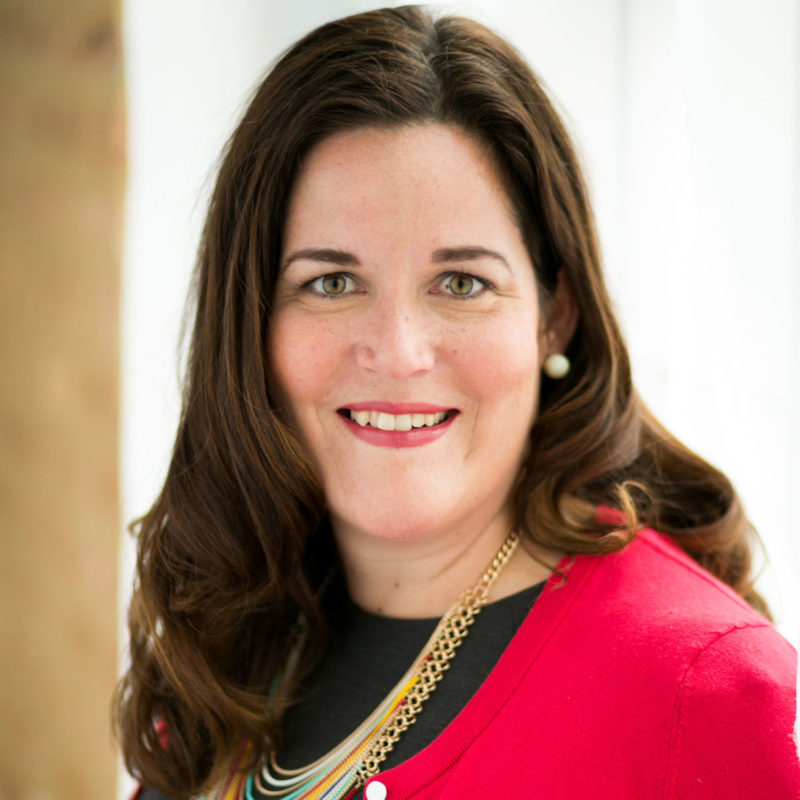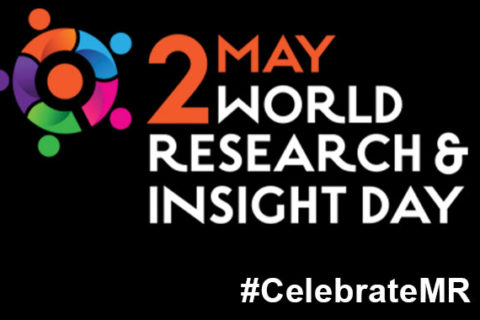In a series of interviews we explore how research clients re-equip their insights teams for more impact in a fast-changing world. This time we speak to Michelle Gansle, director, consumer insights at Mars Wrigley.
How can insights teams lean into accelerating change to identify opportunities that create new value for their employers and themselves?

Change is hard. Often, organisations try to change many things at once, and even with the best intentions, in difficult times, humans revert back to comfort behaviours which can make sustaining transformational change hard. When it comes to change, people often fall into three buckets: advocates, fence sitters and dissenters. It’s important to understand where key stakeholders and team members fall, so that we can actively manage their differences throughout the change. For example, utilise advocates to help reinforce the benefits and embed the change, understand why fence sitters are not yet convinced or committed and work to move them to advocates or at least address their concerns. For dissenters, they need to be managed carefully, because hidden dissenters can be the ones that can unravel change once it’s implemented.
The two most important ingredients to accelerate change are:
1. Always keeping in mind the bigger picture and continuing to orient the organisation on a bold and inspiring vision, especially in difficult times.
2. Finding ways to have quick wins, by starting small and then quickly scaling can help bring confidence to the organisation. I love the quote “When eating an elephant, take one bite at a time.” For me that means: when things feel too big and overwhelming, start with taking a single step forward, focus on progress not perfection, and it will get easier as you go. It is especially helpful when trying to embed newer technology enabled tools.
Can you give us an example?
Last year, we wanted our team to start utilising neuroscience for optimising video ads. This required a different behaviour and a new methodology (for Mars). Because of the enormity of the decisions being made and money being spent on advertising, there was some resistance. In one our markets, we got unexpected results back on the effectiveness on one of our ads. We had already used traditional methodologies so the team was open to any recommendation that could give them an answer. We used this opportunity to ‘trial’ neuroscience on this brand. The end result was that the learnings were massively helpful and it did help us get to effective advertising on this brand for the first time in many years. Now there is often time a pull from marketing to utilise neuro, so scaling has become easy because we had an early win that we can tangibly show to other teams.
Is it only data scientists and analysts that are needed to deal with the latest changes? If not, what other new skills are required?
Having a data strategy and technicians that understand how to manage the constantly exploding mountains of data is important, yes. However, one of the things that makes the insights function unique, is that we are skilled at bringing the context to the content by connecting the dots in the information, bringing curiosity and human empathy as well as business perspective to tell a compelling story in order to catalyse business decisions. These skills of curiosity, deep empathy, and storytelling are more important than ever for our function. I think this is becoming even more critical because technology is creating more isolation with humans in general and the increase in data makes it easy to focus on the what – big data – and lose sight of the ‘so what’ – thick data. Within Mars, we are trying to balance the two by bringing the outside in through mobile ethnography, or other tools that allow us to connect remotely with consumers, and even sometimes bringing real life humans into the workshop or board room. We are also trying to encourage investing more time in storytelling and embedding through a 20/20/60 principle: researchers should spend about 20 per cent of their time helping the business define what’s the right question we should be answering, 20 per cent doing work/research to answer the question, and 60 per cent embedding the learning and business recommendations into the business for maximum impact.
Does this also call for improved soft skills like communication and lateral thinking?
Of course. The danger of swimming in a world of data is that we lose sight on what’s at the centre of it all: real human beings.
The big data revolution is exciting. Yet, without the human insight, the data doesn’t mean anything. It’s just content, but to be actionable we still have to deeply understand human truths.
The big data revolution is exciting. Yet, without the human insight, the data doesn’t mean anything. It’s just content, but to be actionable we still have to deeply understand human truths. At Mars Wrigley Confectionery, we were inspired by PepsiCo’s transformation of going from consumer insight to human insight. We need to understand people as whole individuals, not just as a data point that buys our products. This has recently been a rallying call for us to re-think how we might bring in more holistic thinking and empathy into our work. We definitely don’t have all the answers, but I am inspired by this re-trenching in needing to connect the data to the people behind the data. Not literally of course. One of the dangers of technology is that people feel busier, lonelier and more stressed than ever before. Ensuring that we stay grounded in human insights via real observation and real conversations with our consumers, shoppers, customers, and with each other, will still be central to the work of the future.
Is it easier to import new talent or to identify areas of training and work environments that can accelerate knowledge acquisition and career development?
I am not sure that either are easy, and also yes to both. As we move forward, we need to create tools, resources and opportunities for current associates to both lead and evolve the capabilities, as well as diversify our current talent with individuals that can bring new skills, capabilities and diverse thinking to the organisation.


